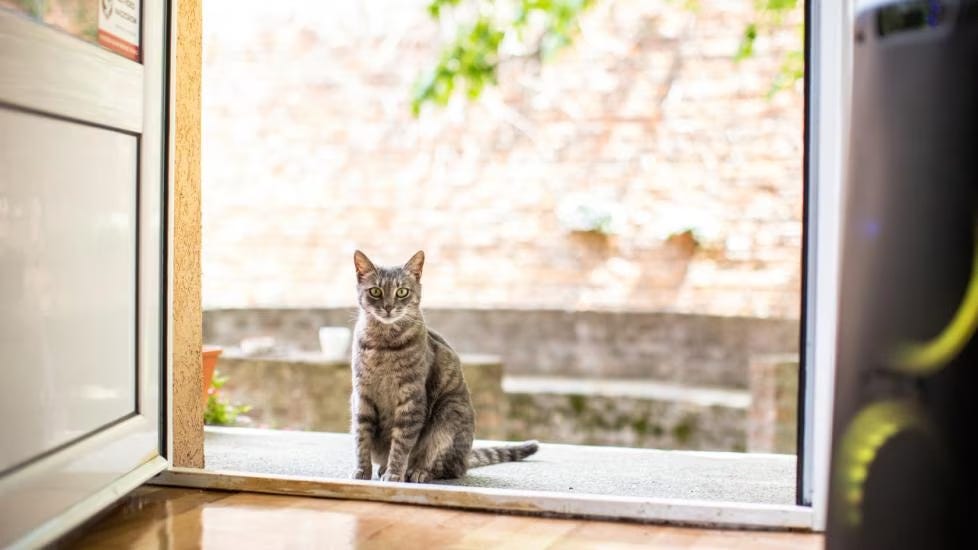Saving Animals Pounds Want to Kill
News and headlines for January 27 - February 2, 2024

These are some of the stories making headlines in animal protection:
As previously reported, Indiana legislators are trying to undo local bans on selling commercially-bred dogs in pet stores, such as those in Indianapolis, Carmel, and West Lafayette. If HB 1412 becomes law, ordinances banning their retail sale will be unenforceable, and milled puppies will return to these cities. Although the legislation says the breeder needs to be reputable, few believe the state will enforce such a vague provision.
Indeed, one of those opposing the legislation is the very agency tasked in the bill with enforcing it: they say that they can’t and won’t because they do not have the staff or the funding. That didn’t matter to legislators in the pockets of commercial breeders and their allies: the House passed the bill and sent it to the Senate for approval.
Pet stores generally get their animals from Commercial Breeding Enterprises (CBEs), commonly called ‘mills.’ CBEs engage in systematic neglect and abuse of animals, leaving severe emotional and physical scars on the victims. One in four former breeding dogs have significant health problems, are more likely to suffer from aggression, and are psychologically and emotionally shut down, compulsively staring at nothing.
Bans on their retail sale in pet stores do three things:
Encourage people to adopt/rescue;
Educate the community about animal abuse in mills;
Stop that abuse.
And they work: nationally, the number of commercial breeders has declined by 30%, and “Nebraska Department of Agriculture records show that half of the state’s commercial dog and cat breeders have left the business.”
Tragically, this progress is now at risk in Indiana.
Renters who face costly pet fees in Washington might gain some relief with a proposal to eliminate unnecessary fees and lower deposits in hopes of keeping families and their pets together…
Under the bill, pet deposits would be lowered to no more than $150, and non-refundable pet fees as well as pet rent would be vetoed if the bill passes through the legislature.
A landlord association is opposed to the bill, citing the potential for pet damage but,
A 2021 Pet-Inclusive Housing Report found fewer than 10% of pets in rental properties cause damage, with repairs costing an average of $210 and most renters fix the damages themselves rather than relying on deposits.
As reported previously, landlord-imposed pet restrictions in the United States reduce adoptions, increase relinquishment, cause homelessness (for people and animals), and result in wasteful expenditures as renters must pay a premium for housing that allows their animal companions. In the U.S., a housing discrimination ban would allow over eight million additional animals to find new homes yearly, roughly ten years of killing.
One supporter of the Washington bill said, “When you add additional pet-related costs, lower-income households are often forced to choose between housing and pets” and that the “emotional toll on people who have to give up their pets is real.”
A new study reveals the psychological and safety risks associated with forced separation of people from their pets in crises like domestic violence and natural disasters. The research highlights the deep emotional bonds between humans and pets.




